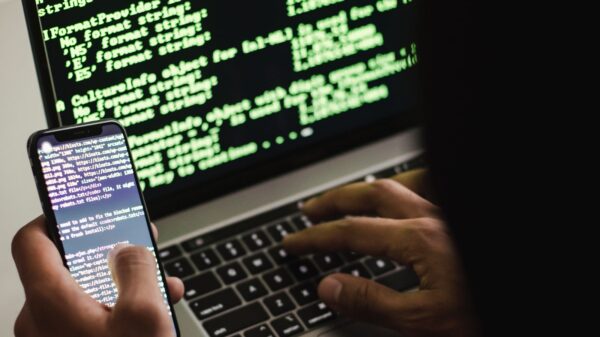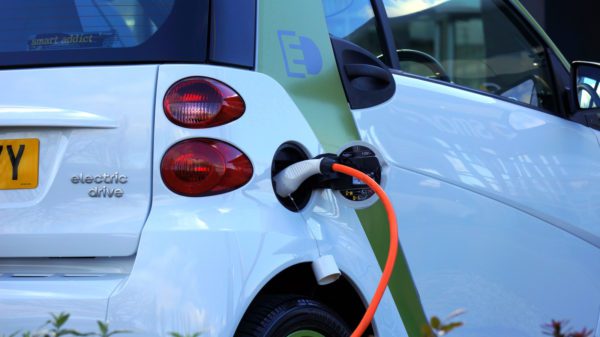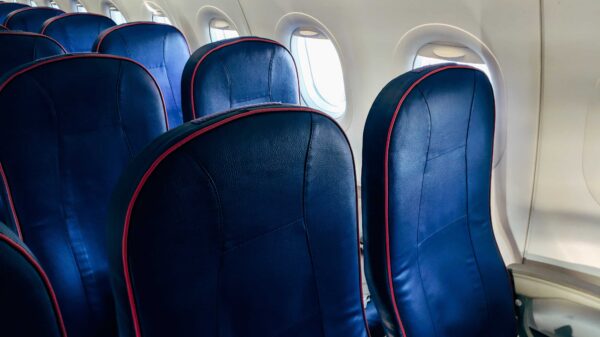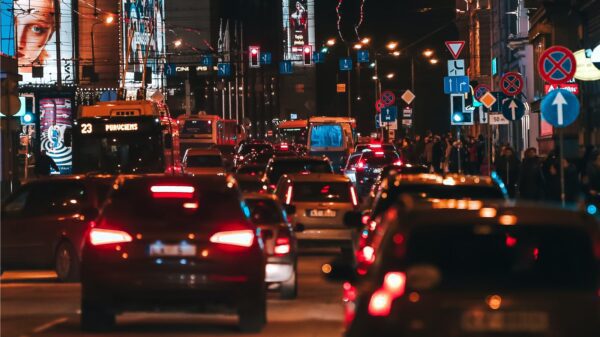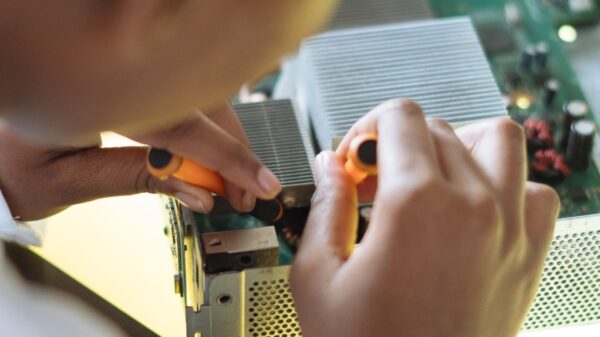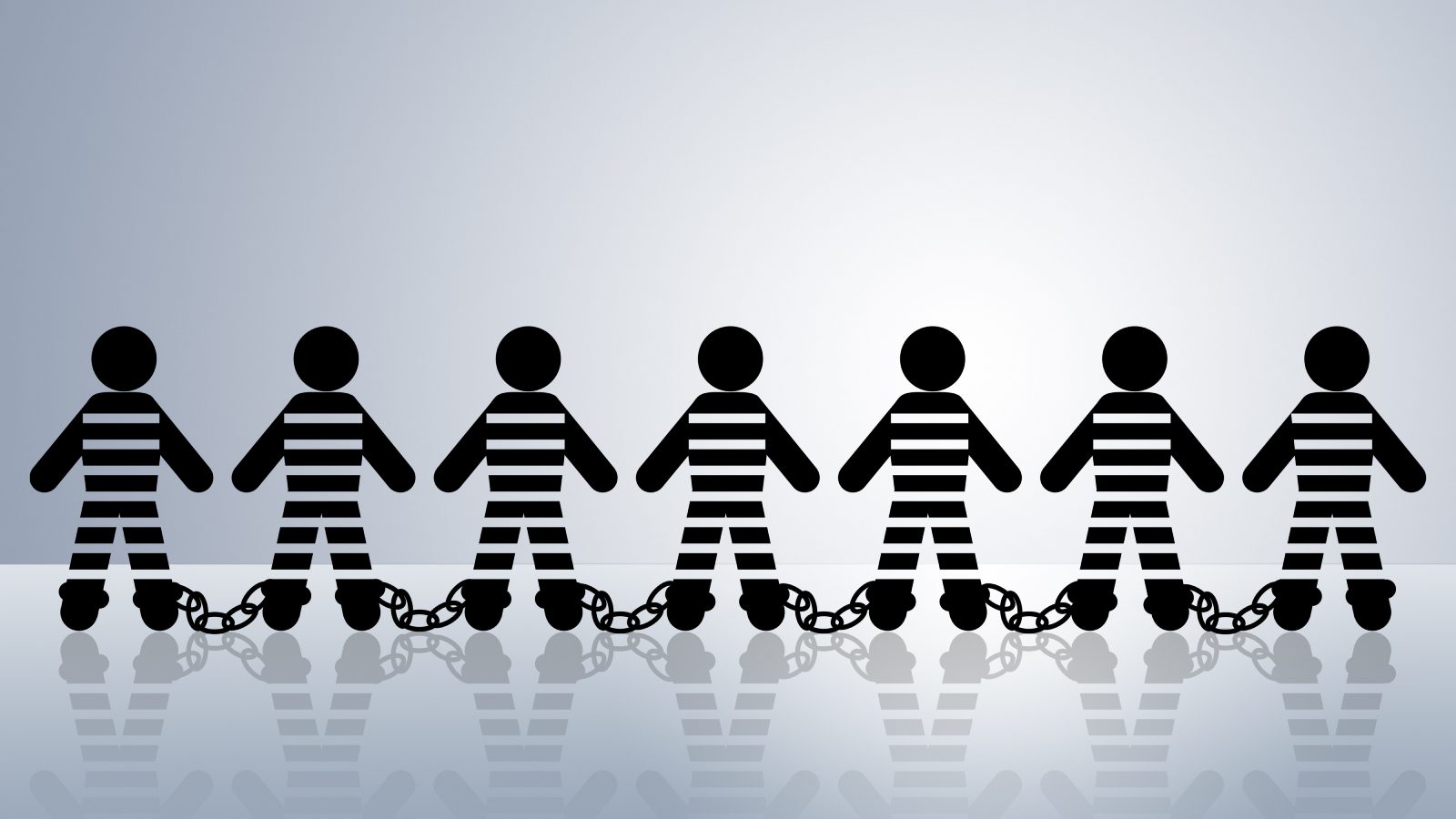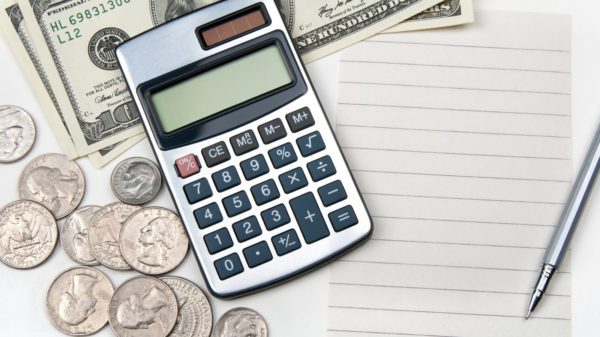As the fallout from COVID-19 continues to affect the economy, a report from The Guardian found that businesses are responding to what they have claimed is a nationwide labor shortage by dramatically increasing their reliance on prison labor, as well as hiring teenagers, ramping up automation, and lobbying Congress to double the cap on work immigration visas.
Employers in a variety of industries—including waste management, hospitality and manufacturing—have been expanding their incarcerated workforce since the pandemic. And in industries that have long exploited prison labor, such as construction, the practice is only becoming more popular.
Russel Stover candy production
One company, Russel Stover Candy Production Facilities, started using prisoners from the Topeka Correctional Facility in April, paying them $14 an hour with no benefits. Prisoners must pay for transportation to the plant before the state deducts 25% of pay for room and board and 5% for a victim’s fund.
Many of these companies that rely on prison workers won’t employ them after they are released, as they don’t take job applicants with criminal records.
The President of the Kansas Coalition for Sentence and Prison Reform believes these programs drive down wages while taking advantage of a vulnerable population and incentivizing mass incarceration.
“Whenever we have private industries coming into the Kansas department of corrections, they sign a contract guaranteeing a certain number of people will be working there. That means there has to be a certain number of people incarcerated, so we’re not working to lower the prison population, but instead building the prison industrial complex as a working machine where people become numbers—and we need a certain amount of numbers to keep them employed to uphold the contracts.”
Brandilynn Parks, President of the Kansas Coalition for Sentence and Prison Reform
Employers are blaming labor shortages.
Industry groups are claiming labor shortages are responsible for slowing economic recovery after the pandemic, which the U.S. Chamber of Commerce and several Republican governors have blamed on unemployment benefits. Twenty-six states have canceled federal extended unemployment benefits earlier than planned, despite the fact that economists have stated that the available job recovery data shows there isn’t a nationwide labor shortage.
The construction industry, which has a history of targeting prisoners and recently incarcerated people, has used the pandemic as grounds to expand these programs. Construction companies in New York City regularly hire people straight out of prison, who must stay employed for a certain period as a condition of their release. So, recent convicts have significantly less bargaining power and must take jobs with low wages, no health insurance and unsafe working conditions.
“Throughout the pandemic, (ex-convict) laborers left their homes and took trains and buses to crowded job sites, building the NYC skyline. They did this without health insurance, without an economic safety net and with the constant threat of re-imprisonment if they refused to continue to work.”
Chaz Rynkiewicz, vice president of Construction and General Building Laborers Local 79




